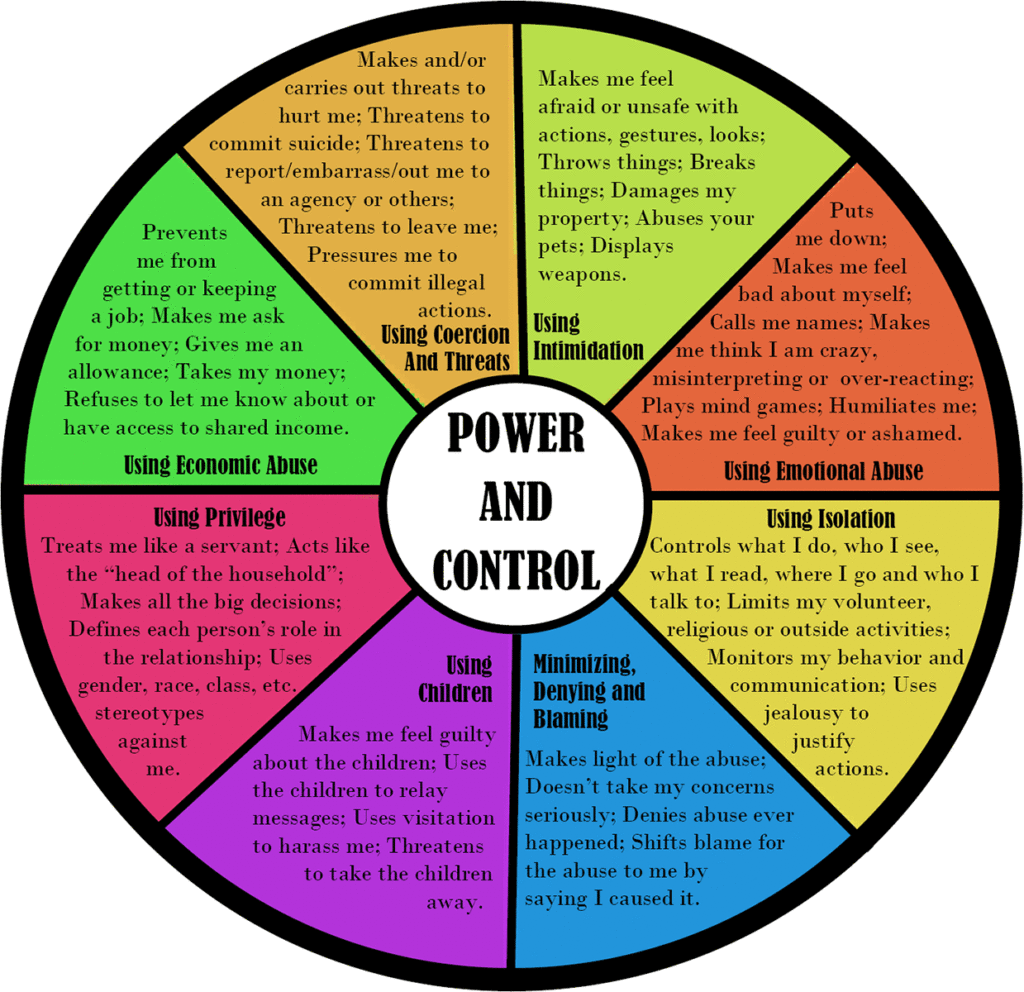THE SPECTRUM OF SHOCK: A GUIDE TO HEALING FROM TRAUMA
What is Trauma?
The term trauma refers to experiencing an event, anticipating potentially experiencing the event, or loving someone who has experiences an event that causes deep distress or overwhelms an individual’s ability to cope. It often results from experiences that are perceived as life-threatening, emotionally or physically harmful, or distressing. Trauma can stem from various events, such as accidents, abuse, violence, natural disasters, or the loss of a loved one.
What is complex trauma?
When we experience ongoing events that make us feel horrified, helpless, disgusted, or terror-filled, we may develop a pattern of complex trauma.
Complex trauma refers to prolonged, repetitive, or cumulative traumatic experiences, typically occurring within specific relationships or contexts, often during childhood or formative developmental stages. Unlike a single traumatic event, complex trauma involves exposure to multiple and varied traumatic stressors over an extended period, frequently involving interpersonal or relational trauma.
These experiences often occur in situations where there’s an ongoing threat to one’s physical or psychological well-being, such as in cases of chronic abuse, neglect, domestic violence, or living in unstable or unsafe environments. Complex trauma can profoundly affect a person’s emotional, psychological, and social development, impacting their sense of self, relationships, and overall functioning.
Individuals who have experienced complex trauma might exhibit a wide range of symptoms, including emotional dysregulation, dissociation, impaired self-esteem, difficulties with trust and attachment, disrupted relationships, and challenges in regulating thoughts and behaviors. These symptoms can persist over time and significantly affect an individual’s daily life, relationships, and overall mental health.
Treating complex trauma often involves specialized therapeutic approaches that acknowledge the multifaceted impact of these experiences. Therapists may use trauma-informed and evidence-based interventions, such as trauma-focused therapy, dialectical behavior therapy (DBT), mindfulness-based techniques, and somatic experiencing, to address the complex interplay of emotional, cognitive, and physiological responses to trauma.
Understanding and healing from complex trauma require a comprehensive and compassionate approach that focuses on building a sense of safety, restoring a person’s sense of control, and fostering healing and resilience in the face of profound and enduring traumatic experiences.
I went through some hard times, but is it really trauma?
The long and short answer is YES. If you are asking the question, more than likely you are exhibiting some of the common responses we have to trauma; denial and minimization. We may even discount our trauma because others have suffered more extensive things.
In the clinical world, the most intriguing aspect of trauma is that the things that we experience that we can’t quite term “traumatic” like emotional abuse, latch key kid neglect, and bullying are often more difficult on our mental health because there is room left to question. This means we are less likely to share our experiences. We are less likely to access resources early on and we are highly likely to feel shame and powerlessness, two ingredients to the doozy of traumatic symptoms.
If you experience something that has left you feeling uneasy AND it felt like it happened to you, it is likely trauma.
From a therapeutic perspective, trauma can manifest in different ways, impacting one’s emotional, psychological, and physical well-being. Symptoms of trauma might include intense anxiety, intrusive thoughts or memories, emotional numbness, hypervigilance, flashbacks, nightmares, or avoidance of triggers associated with the traumatic event.
Can you get over trauma?
Therapy for trauma often involves creating a safe and supportive environment where individuals can explore and process their experiences. Therapists use various techniques to help us heal from trauma. We support treatments that have been tested by scientists and shown to help improve the experience of suffering. These include primarily:
- Trauma-Informed Cognitive Behavioral Therapy (CBT),
- Eye Movement Desensitization and Reprocessing (EMDR)
- Acceptance and Commitment Therapy
- Dialectical Behavioral Therapy
- Trauma-Informed Couples Therapy.
Understanding trauma and what aspect is most troubling is crucial in therapy as it allows therapists to provide tailored approaches to help individuals navigate their experiences, regain a sense of control, and work towards restoring their emotional well-being.
For a free trauma screening, the VA offers free access to the Life Experiences Checklist-5. This is a screening that lists the 17 types of trauma most commonly associated with Post Traumatic Stress Disorder (PTSD) per the Diagnostic Statistical Manual-5 (DSM-5). If you meet any of these conditions or have a loved one who did, you have experienced a traumatic event.

